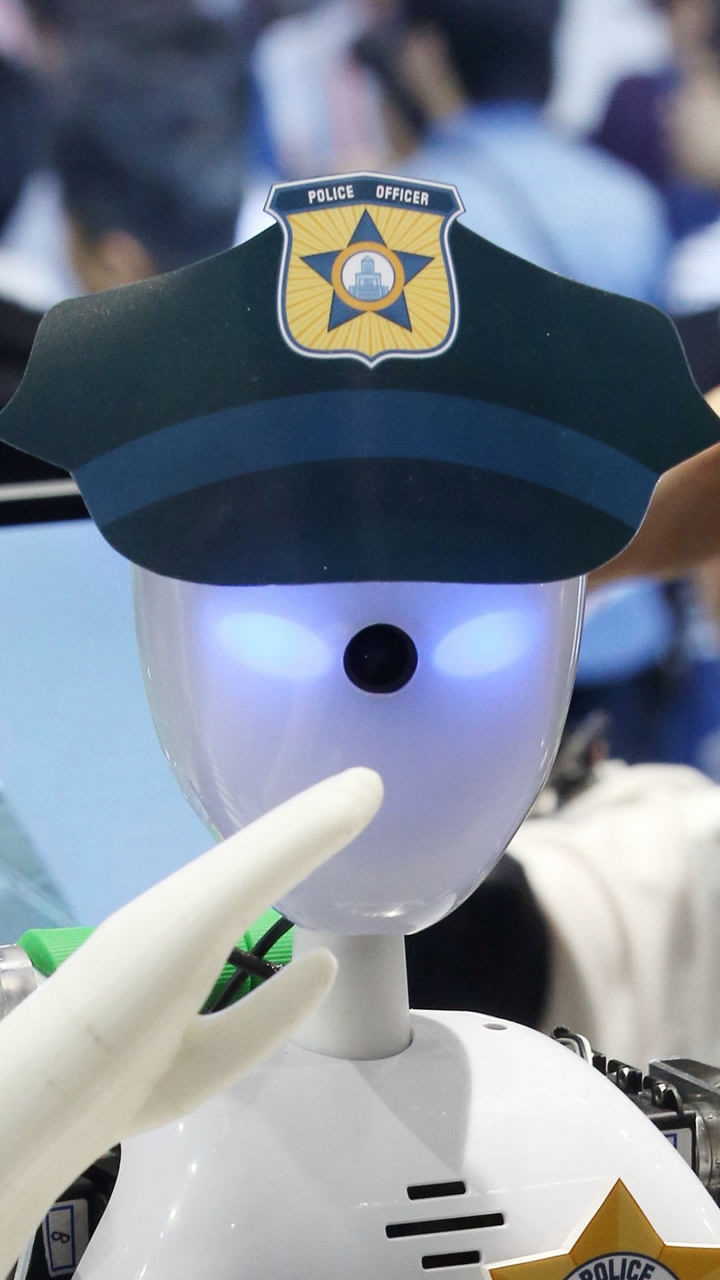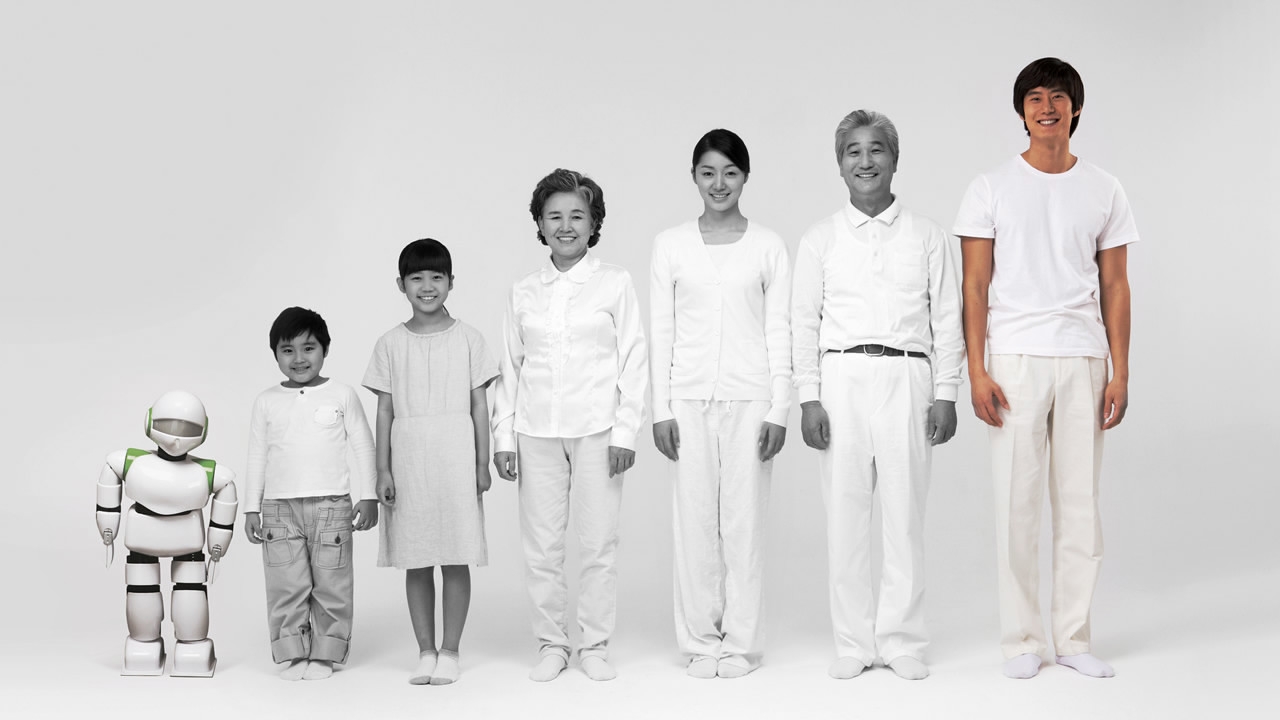
Business
20:27, 07-Jul-2017
South Korea at the crossroads: Automation or labor?

By CGTN’s Joseph Kim
South Korea’s big businesses are looking to embrace the fourth industrial revolution by turning to robotics and automation.
The pressure is increasing to be ahead of the game in innovation while limiting its impact on the nation's broader economy.

VCG Photo
VCG Photo
South Korea has been quick to try and innovate in new technologies, attempting to move manual labor to automation and export these technologies abroad.
One of the major players in the country, Lotte, has been using robots to do the jobs of humans for some time now. They use automation in their stores, factories and offices for reasons of efficiency.
“The direction Lotte is pursuing is to let robots do the jobs robots can do and let humans do the jobs they do better,” said spokesperson, Wi Seong-shin.

A robot police officer at an exhibition in Seoul, South Korea. /VCG Photo
A robot police officer at an exhibition in Seoul, South Korea. /VCG Photo
And it's not just Lotte making the transition to non-human employees.
Many big businesses in South Korea are embracing automation in a bid to become a global leader.
“Humans will likely coexist with robots. Currently, in the automated market, more than 80 percent are robots in factories,” said Kwon Young-sun, an engineer at Gaitech Korea.
While robots are emerging as a viable replacement for human labor, problems are also emerging in South Korea’s economy. The country is still plagued by a high unemployment rate and a shortage of jobs.
South Korea also has the fastest aging population among advanced economies. Advanced technology is expected to boost the economy, but it is also having a significant impact on the local labor market.

VCG Photo
VCG Photo
Some say the current workforce is unprepared for the future. And it has raised questions over whether the country’s rapidly aging population could keep up, where innovation and fresh ideas are needed.
But with a low birth rate, the country may struggle to find the talent. And with the dawn of robotics, graduates today have even more competition in a shrinking jobs market.
“Although South Korea is known for making good products that other people design, they can’t make the new designs. But if they can’t do that, in the fourth industrial revolution, South Korea will not be able innovate and create new jobs,” warned Lee Ju-ho, the former Minister of Education.

SITEMAP
Copyright © 2018 CGTN. Beijing ICP prepared NO.16065310-3
Copyright © 2018 CGTN. Beijing ICP prepared NO.16065310-3